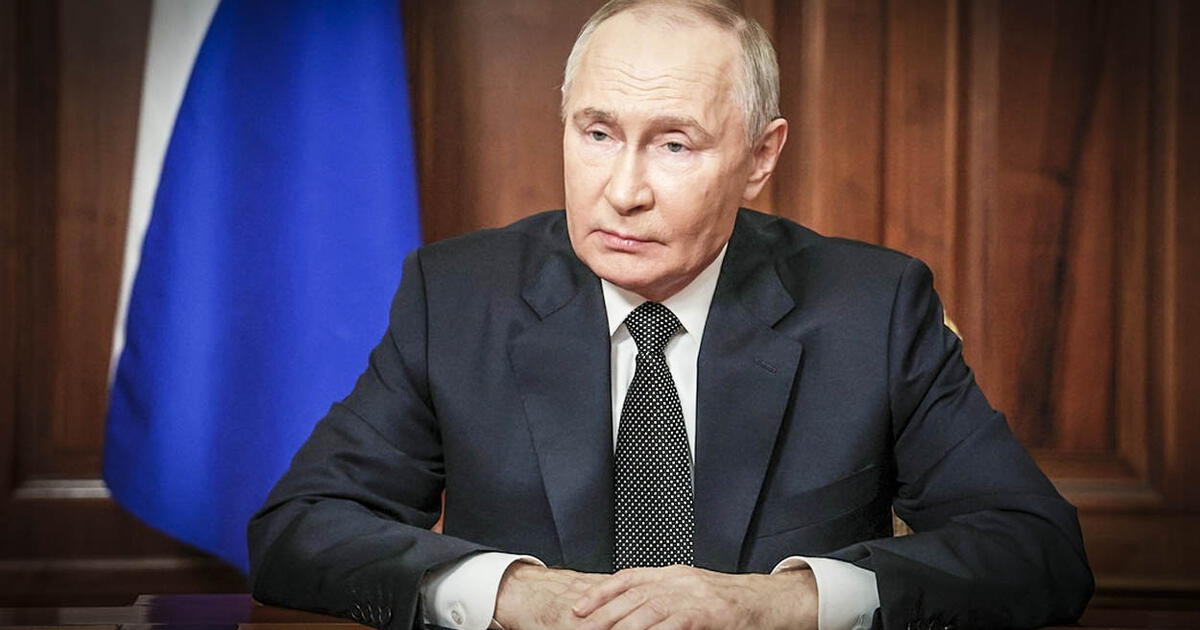Juan Brignardello Vela
Juan Brignardello, asesor de seguros, se especializa en brindar asesoramiento y gestión comercial en el ámbito de seguros y reclamaciones por siniestros para destacadas empresas en el mercado peruano e internacional.




During the recent Asia-Pacific Economic Cooperation (APEC) summit in Lima, Peru, Japanese Prime Minister Shigeru Ishiba and Chinese regime leader Xi Jinping held a crucial bilateral meeting amid growing tensions between the two countries. In this first formal dialogue since Ishiba took office, Japan expressed its "serious concerns" about several sensitive issues, including the situation in the South China Sea, human rights in Hong Kong and Xinjiang, as well as the increasing military power of China in the region. The Tokyo Ministry of Foreign Affairs reported that Ishiba took the opportunity to express his concern about China's military escalation, a factor that has negatively impacted diplomatic relations between Japan and Beijing in recent years. "The peace and stability of the Taiwan Strait are extremely important for Japan and the international community," emphasized the prime minister, thus showing Japan's interest in regional balance. Ishiba also stressed the importance of addressing differences through dialogue, calling for concrete measures to ensure the safety of Japanese citizens residing in China. This aspect reflects not only a humanitarian concern but also a political strategy aimed at protecting Japan's interests in a volatile international context. For his part, Xi Jinping seemed to acknowledge the challenges facing the bilateral relationship. During the meeting, he urged both nations to work together to "manage differences constructively." This statement suggests a desire to find a path toward cooperation despite the ongoing tensions on various fronts. The Chinese regime, through its Ministry of Foreign Affairs, emphasized the need to maintain stable production and supply chains, as well as the importance of promoting a free trade system that benefits both nations. This highlights that, despite the difficulties, both Japan and China recognize the interdependence that exists between their economies. Both leaders also agreed to advance the scheduling of mutual visits by their foreign ministers and to resume high-level dialogues focused on cultural and economic issues. This commitment appears to be an effort to revitalize bilateral relations in a context of increasing tensions, particularly due to territorial disputes in the South China Sea and the strengthening of security alliances between Japan and the United States. The APEC summit also had additional significance as it marked Ishiba's first international participation since his ratification as prime minister. This comes after a significant electoral setback for the ruling coalition in Japan, adding political pressure on the new leader to demonstrate his ability to manage foreign relations and internal crises. The issues discussed during the meeting reflect the delicate balance that both nations seek to maintain between their political differences and the urgent need for economic and strategic collaboration. However, security challenges and human rights concerns remain critical points that could hinder any substantial progress in the bilateral relationship. The commitment of Ishiba and Xi to continue conversations and manage their disagreements constructively is an attempt to stabilize relations between Japan and China. Nevertheless, the underlying tensions, including the increasing militarization of the region and concerns about human rights policies in China, remain thorny issues that both nations must address with caution. In this context, the future of Japan-China relations seems to depend not only on the political will of their leaders but also on both nations' ability to find common ground amid their differences. Only time will tell if these efforts will be sufficient to pave the way for a more stable and constructive relationship.







